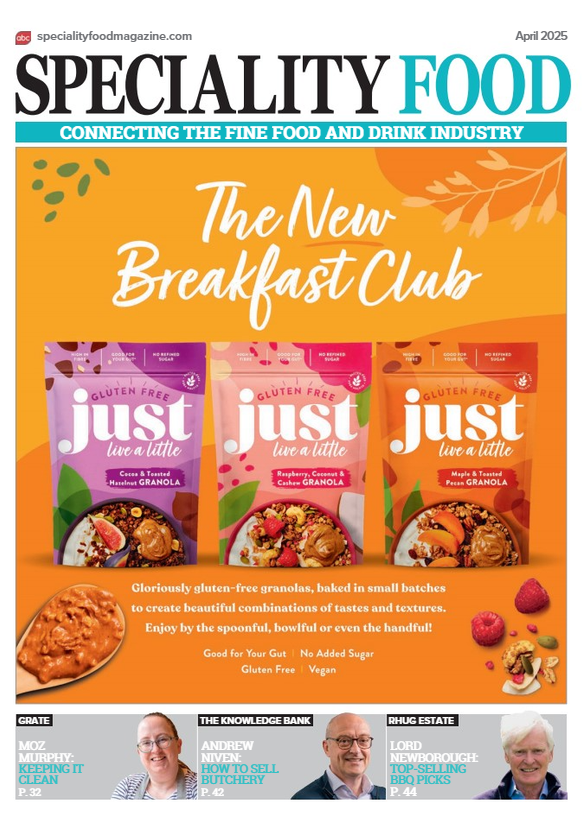“Everyone’s a winner”

- “Sticky fingers”
- “Myths and legends of Turophilia”
- “When ‘cheese’ is not cheese”
- “Don’t disrespect the Cheddar”
- “Black and White thinking”
I should apologise for lumbering you with that earworm from Hot Chocolate, but it may be a welcome replacement for Slade, Cliff or whichever tune preoccupied your earlobes over the Christmas trading period.
It’s seldom that one can state unconditionally that a competition has no losers, but in the case of last October’s World Cheese Awards, judged in Bergamo, Italy it may be spot on. Bob Farrand, founder of the awards, passed on the following observation to me while we were judging 50 or so Cheddars at a local agricultural show: “The winner’ll think we’re geniuses, are perceptive and have enviably complex palates. The losers, of whom there are far more, will universally deem us idiots.”
No cheese competition can have purely objective criteria, but those of us responsible for organising them try our damnedest to ensure that each cheese entered has the very best opportunity to shine. Each judge, and each judging team, will have differing expectations and responses to the same cheese. A respected cheesemaker told me how he cut a large piece of cheese four ways and entered them into four classes at one competition this year. His identical cheese earned gold from one judging team, silver from another, then a bronze, and finally ‘no award’. He was sanguine about these inconsistencies – after all, he had a Gold medal about which his marketing team could shout.
Back to the World Cheese Awards. Entries were up, the judging panels ever more international and more qualified; the networking and camaraderie as valuable as ever. I’ve talked previously about how neither cheesemakers nor cheesemongers get to spend much time with their peers – the opportunity to share knowledge, stories and experiences helps all of us. The Supreme Champion, chosen by the chair of judges Nigel Barden following a numerical tie, was Rogue River Blue, from Oregon, USA. This win generated two important stories that got traction in consumer media. The first was about Rogue River Blue itself, and what the win might mean for the US’s artisan cheese movement, now seen as coming of age.
The second story was of French reaction to the win, and a perceived poor showing of French classics in the Final Fifteen. The reported outrage was widely publicised, at least in the UK and that’s why I think the awards gave everyone a win. Cheese marketers spend a lot of time trying to get publicity that will reach those who are not sel fproclaimed cheese connoisseurs – the people who will default to buying bland, inoffensive ‘plain’ Cheddar from the nearest supermarket. If we can get them to think more deeply about the cheese they buy and start to realise that there’s huge variety out there, that not every blue cheese is called ‘Stilton’ and one can buy it at times other than Christmas, then we have a chance to actually grow the market, rather than just switch twixt Sharpham and Baron Bigod, for example. When that happens, all makers benefit, not just those who garnered the gongs this time around. “Everyone’s a winner, that’s no lie.”
more from Town Crier
-
“We’re a resourceful bunch”
17 May 2019 Town CrierIt’s almost exactly 10 years ago that I sat down to create the first business plan for my cheesemonger. -
“Waxing lyrical”
12 February 2019 Town CrierOn a family holiday to Normandy in 1965, my parents and their adult friends were hugely excited by Livarot and Camembert – seldom seen back home in Hampshire. -
“What a wonderful world”
07 January 2019 Town CrierI was one of 235 judges at mthe recent World Cheese Awards,held in Bergen, Norway

